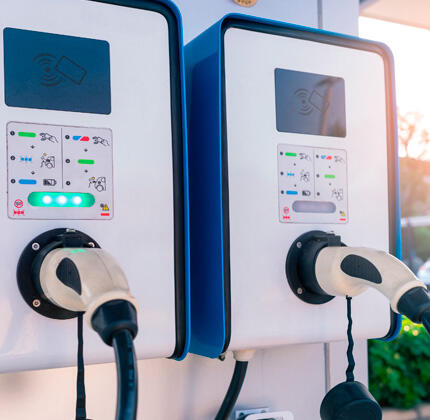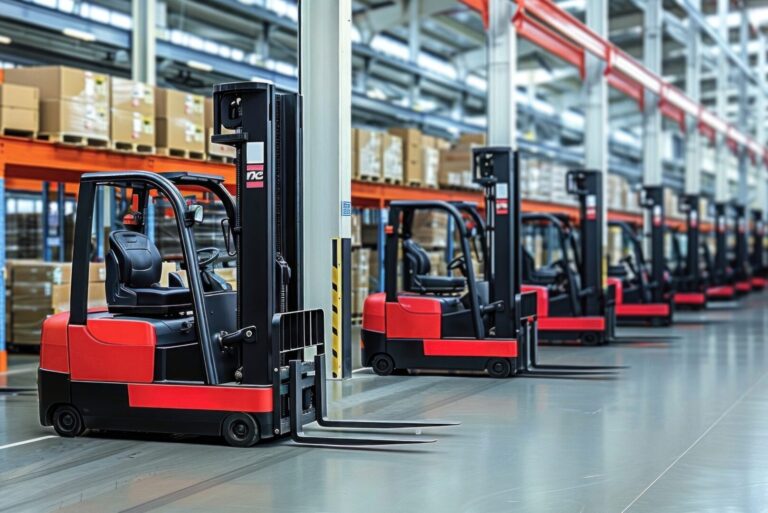New York's Clean Fuel Standard: An Introduction
July 23, 2023
Following in the footsteps of Canada, California, and other West Coast states, New York State has taken the first steps in establishing a statewide clean fuel standard, which would regulate carbon emissions from fuel producers and promote the adoption of alternate fuel sources in the transportation sector.
New York’s program, known as the Clean Fuel Standard (CFS) was passed through the State Senate on June 8, but still requires approval from the State Assembly before going into effect. The program would incentivize the widespread use of alternative and low-carbon fuels through market-based initiatives that offer rebates for suppliers of low-carbon fuels, including owners of electric vehicle charging stations.
This article gives an overview of New York’s Clean Fuel Standard and explains how the program would impact owners of electric vehicles in New York State.
New York State’s Clean Fuel Standard

Modeled after California’s Low Carbon Fuel Standard, the NY CFS is a market-based policy that would set a baseline for the carbon intensity (CI) of transportation fuels. The program would require fuel suppliers to gradually reduce the carbon content of their products, thereby driving the adoption of cleaner alternatives. The CFS aims to substantially reduce the CI of transportation fuels to reduce New York State’s carbon emissions, with the goal of reducing the CI of on-road vehicles to 20% by 2031.
Similar to existing clean fuel programs in California, Oregon, and Washington, the New York Clean Fuel Standard would provide fuel suppliers with fuels below the target CI the opportunity to earn rebates for their reduced emissions, encouraging the widespread adoption of low-carbon fuels across the state.
How the New York Clean Fuel Standard would Impact Fleet Owners
Under the CFS, New York State-based providers of low-carbon fueling stations–-including owners of electric vehicle charging stations—would be eligible to generate credits based on their reduced carbon emissions. Credit generators, such as EV fleet owners with on-site charging stations, would be able to earn revenue by selling credits to fuel suppliers who are unable to meet the carbon intensity targets on their own, thereby earning additional revenue through their vehicle usage. This market-based approach, which has proven to be effective by existing programs, promotes the adoption of low-carbon fuels across the state while reducing the carbon intensity of oil-based transportation fuels.
Moving Forward
The NY CFS passed the State Senate on June 8, 2023 and is currently moving on to the State Assembly. The program is expected to be approved by the governor early next year and fully implemented as early as 2024.
Upon the adoption of the NY CFS, owners of electric vehicle charging stations will be eligible to earn credits for their reduced carbon emissions. Credit generators can partner with Smart Charging Technologies to ensure they earn the highest possible credits with minimal hassle.
Read more about which states have existing clean fuel standards, or are considering implementing a program: Which States Have a Low Carbon Fuel Standard
Related Posts









